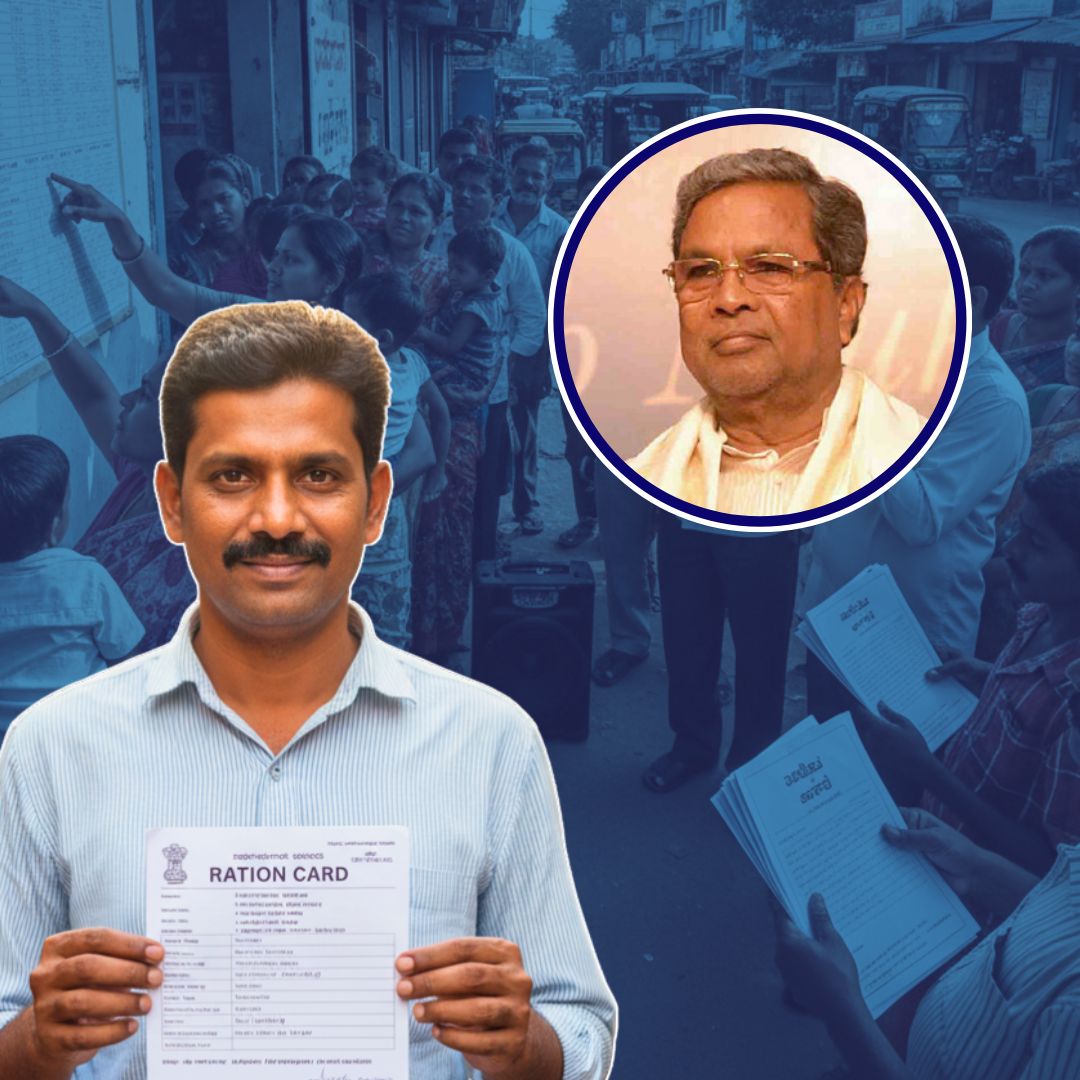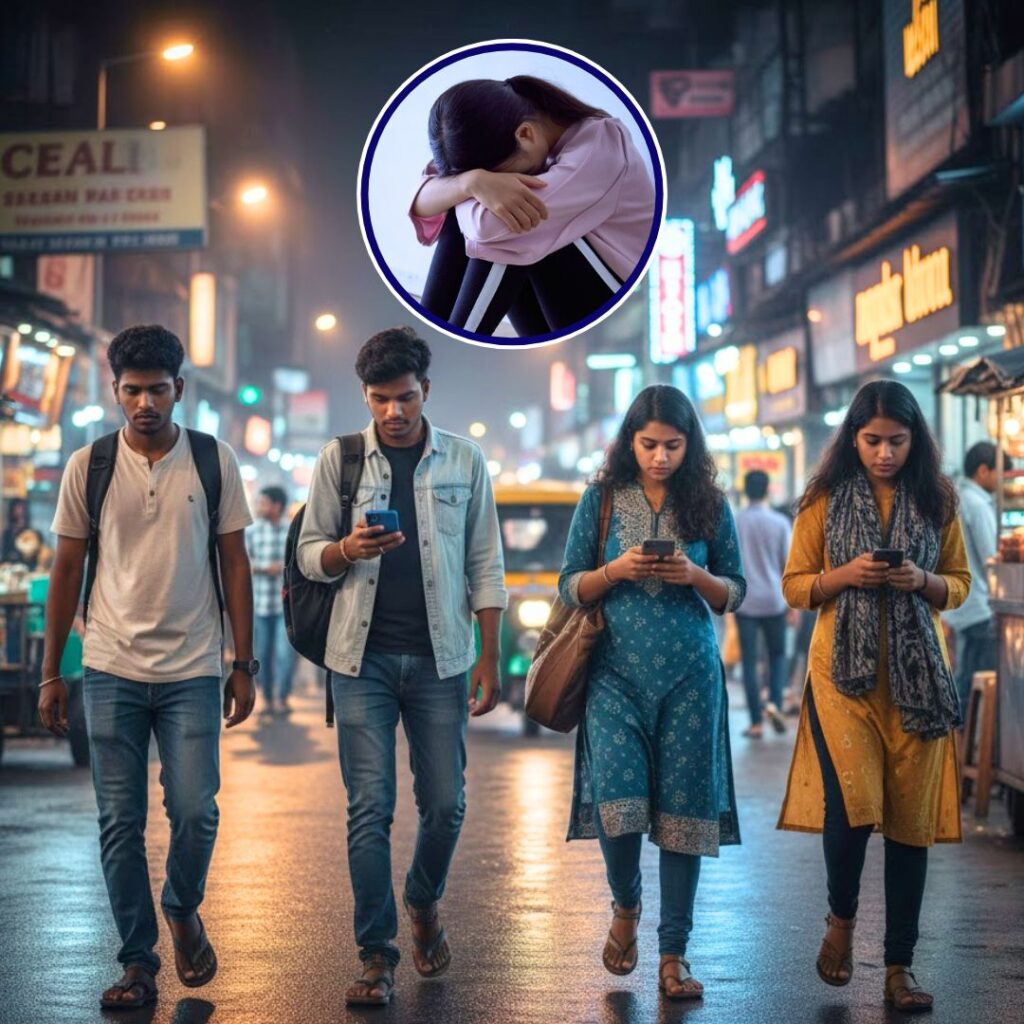Karnataka’s determined push to cancel ineligible ration cards is shaking up food security for lakhs of families and igniting fierce public debate. Officials insist the effort is aimed at reforming welfare delivery and ending fraud, but opposition leaders and many vulnerable households say abrupt changes risk plunging genuine beneficiaries into uncertainty.
Karnataka Chief Minister Siddaramaiah on Wednesday announced that he has instructed officials to intensify efforts against ineligible Below Poverty Line (BPL) ration cards, while making sure that genuine beneficiaries remain unaffected.
Recent statements from Chief Minister Siddaramaiah and Minister K.H. Muniyappa clarify the government’s intention, to convert cards rather than outright remove benefits, yet anxiety about access persists.
Crackdown on Ineligible Ration Cards
Over 1.2 million suspected fraudulent and duplicate cards have been identified across Karnataka, following a statewide audit and verification process.
The Food and Civil Supplies Department found many cases of non-poor recipients drawing subsidised rations, with public lists of cancelled cards now displayed at local ration shops to ensure transparency. Minister Muniyappa explained that families with annual incomes above ₹1.2 lakh, as well as government employees and income taxpayers, are the main targets for card conversion from BPL (Below Poverty Line) to APL (Above Poverty Line) status.
According to Muniyappa, “Karnataka cannot have 75-80% of its population labelled as BPL. We are revising only ineligible cards, not taking food away from the poor”.
Public Reaction and Political Fallout
The clean-up drive has not been without controversy. Opposition leaders allege the state’s actions are indiscriminate and have staged protests, visiting BPL households and urging the government to protect vulnerable families.
Shock and dismay have rippled through low-income communities, especially among women heading BPL households who fear losing benefits such as the Anna Bhagya food grain scheme and the Gruha Lakshmi stipend for women.
Some Bengaluru resident voiced concern after discovering her card was cancelled, worrying her newborn daughter might lose future entitlement to government support. Worries about technical mistakes or incomplete surveys add to confusion.
Reforming Welfare Through Technology
Officials say reforms are driven by the need to maintain fairness, transparency, and efficiency in welfare delivery. Every ration cardholder now faces tightened Aadhaar verification, income scrutiny, and, in some cases, in-person revalidation, as the state works to better target welfare schemes.
Authorities report that already, more than 3.65 lakh cards have been struck off, and appeals for re-examination are open. Cardholders can file appeals in case of wrongful exclusion, and online services have eased the application process for genuine beneficiaries.
Periodic audits, technical upgrades, and local outreach continue as central strategies in monitoring the distribution network.
The Logical Indian’s Perspective
The Logical Indian applauds Karnataka’s attempt to root out systemic fraud and bring accountability, yet urges policymakers to prioritise empathy and procedural safeguards at every turn.
The goal should remain a fair balance, protection against misuse without endangering food access for the poor.












